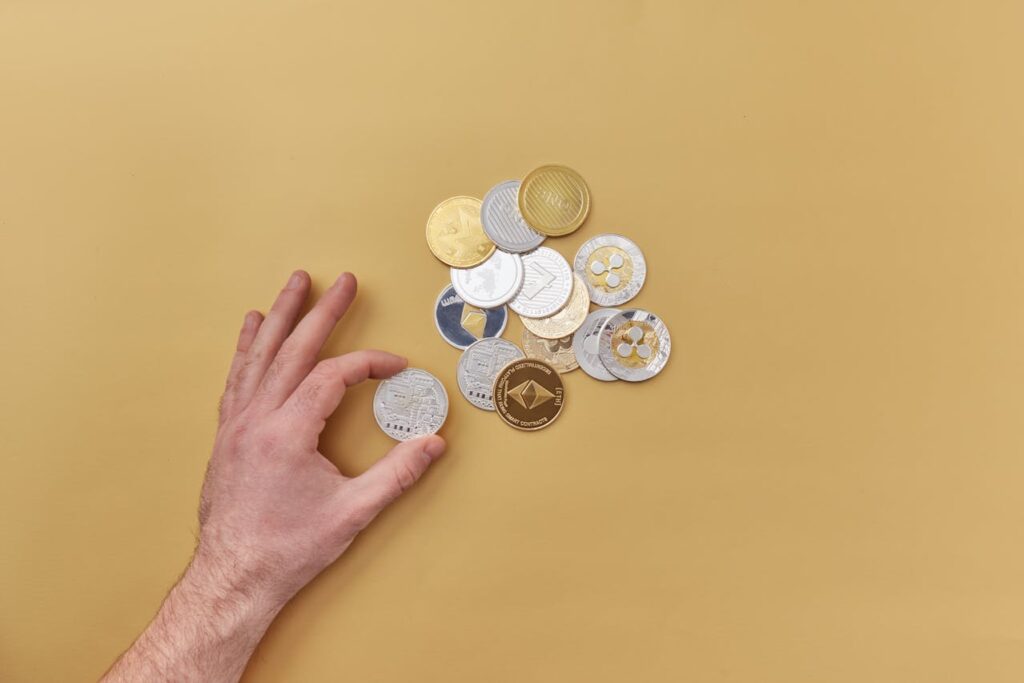Meaning: This idiom means to be in a difficult or challenging situation, often one where it is hard to find a solution. It implies being stuck or in trouble.
Usage in Example Sentences:
- “When his car broke down in the middle of nowhere, he was really up a gum tree.”
- “If we don’t get this project finished on time, we’ll be up a gum tree with the client.”
- “She’s up a gum tree trying to figure out how to pay for her tuition next semester.”
Origin: The origin of the idiom “up a gum tree” is Australian. It is believed to have originated in the 19th century, referencing the Australian eucalyptus tree, commonly known as the gum tree. The phrase likely comes from the image of an animal, like a koala or a possum, being stuck up a tall tree and unable to come down easily. The metaphor was then extended to describe any difficult situation where one feels trapped or in trouble. The phrase has been used in British and Australian English to convey a sense of being in a tough or tricky predicament.









